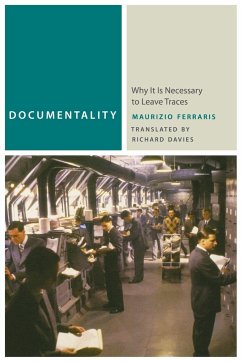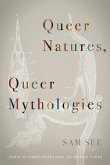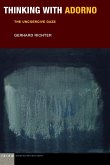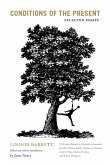This books ushers in a new way of talking about social phenomena. It develops an ontology of social objects on the basis of the claim that registration or inscription--the leaving of a trace to be called up later--is what is most fundamental to them. In doing so, it systematically organizes concepts and theories that Ferraris's predecessors--most notably Derrida, in his project of a positive grammatology--left in an impressionistic state. Ferraris begins by redefining ontology as a way of cataloguing the world. Before any epistemology can discuss the validity of scientific or nonscientific judgments, one faces a collection of objects, be they natural, ideal, or social. Among these, Ferraris focuses on social objects, elaborating a theory of experience in the social world that leads him to define social objects as "inscribed acts." He then uses this notion to interpret social phenomena, also in light of a systematic discussion of the concept of performatives, from Austin to Derrida and Searle. Moving into considerations of the present technological revolution, Ferraris develops a "symptomatology of the document" that leads to a consideration of legal systems, finding in them original applications for his theory that an object equals a written act. Written in an easy, often witty style, Documentality revises Foucault's late concept of the "ontology of actuality" into the project of an "ontological laboratory," thereby reinventing philosophy as a pragmatic activity that is directly applicable to our everyday life.








